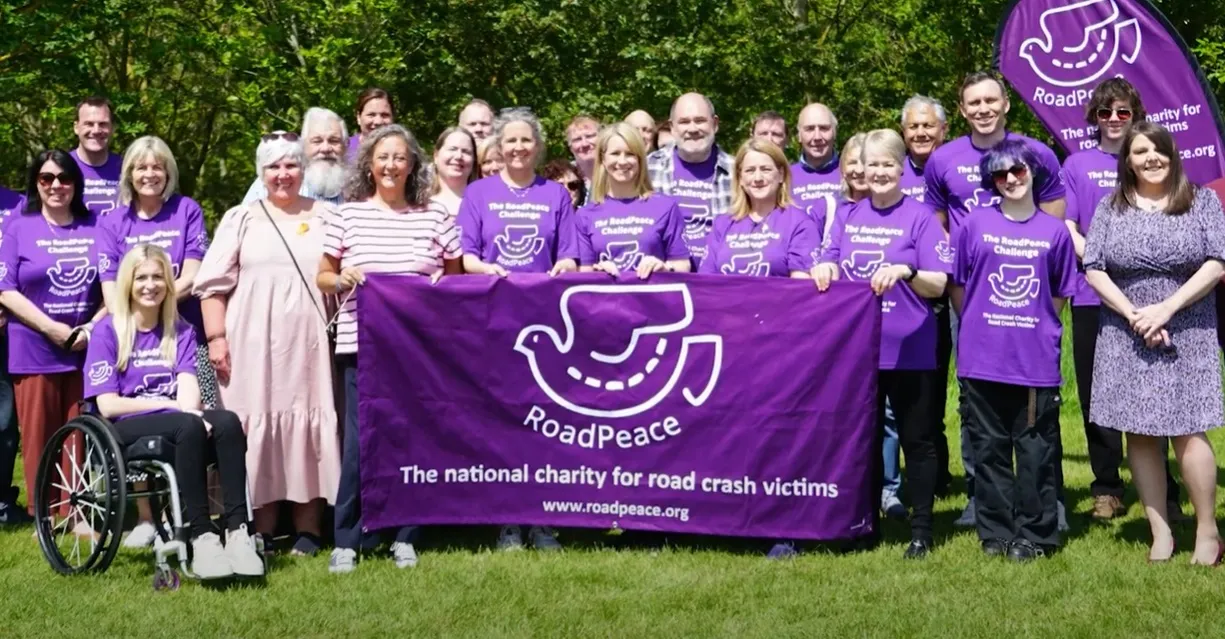Launched in time for the summer holiday season, Collision Call is a new app which automatically calls and alerts emergency services after a serious collision and sends an e-mail to family, work and friends, allowing them to take immediate action.
The app measures G-forces which occur during a collision. If those forces exceed a certain level, dangerous to humans, the app automatically calls the alarm number in the relevant country and sends e-mails to programmed contacts. To prevent this from happening w
July 20, 2015
Read time: 2 mins
Launched in time for the summer holiday season, Collision Call is a new app which automatically calls and alerts emergency services after a serious collision and sends an e-mail to family, work and friends, allowing them to take immediate action.
The app measures G-forces which occur during a collision. If those forces exceed a certain level, dangerous to humans, the app automatically calls the alarm number in the relevant country and sends e-mails to programmed contacts. To prevent this from happening when the phone is dropped the app only works after driving above 30 kilometres an hour for ten seconds.
The1816 European Union has introduced regulation which requires all new cars to be equipped with the Ecall emergency alert system from 2018. This system calls 112 after collision sensors and airbags detect a car has crashed. The EU expects to save 2500 of the current 25,000 traffic victims each year.
The Collision Call app provides a safe and cheap alternative and also works in second hand cars, when driving a motorcycle, scooter, truck, bus or even travelling by train.
Dutch inventor Ramon Veneman of Collision Call states: "I believe it can save many lives. Surveys show 60 percent of all traffic victims die at high speed collisions. That is what this app is programmed for."
Available in Google Play and soon in the Apple store Collision Call works in 144 countries worldwide and is available in nine languages.
The app measures G-forces which occur during a collision. If those forces exceed a certain level, dangerous to humans, the app automatically calls the alarm number in the relevant country and sends e-mails to programmed contacts. To prevent this from happening when the phone is dropped the app only works after driving above 30 kilometres an hour for ten seconds.
The
The Collision Call app provides a safe and cheap alternative and also works in second hand cars, when driving a motorcycle, scooter, truck, bus or even travelling by train.
Dutch inventor Ramon Veneman of Collision Call states: "I believe it can save many lives. Surveys show 60 percent of all traffic victims die at high speed collisions. That is what this app is programmed for."
Available in Google Play and soon in the Apple store Collision Call works in 144 countries worldwide and is available in nine languages.








